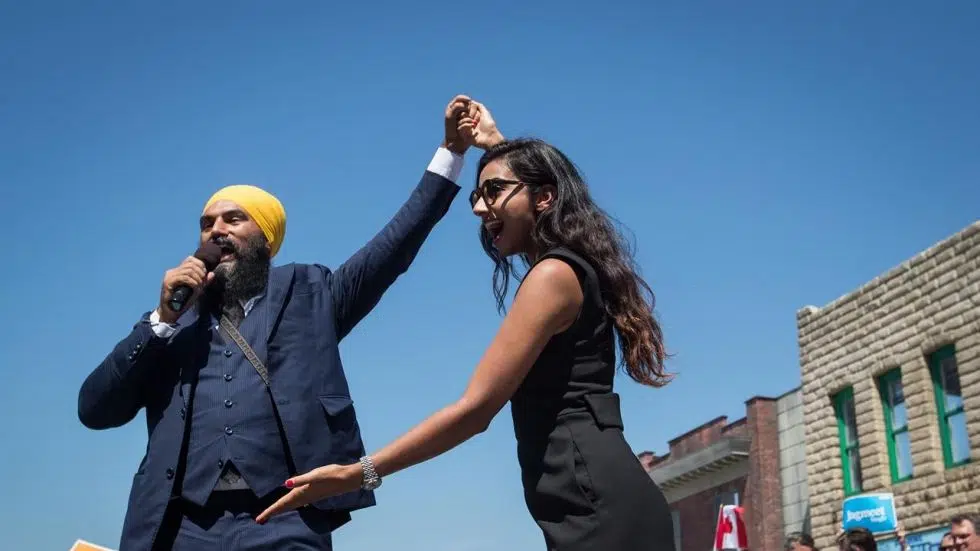
How about we tell drop-in politicians to stay home?
AS LONG AS WE’RE TALKING about electoral reform, how about we do something about drop-in politicians?
Federal NDP leader Jagmeet Singh has announced he’ll run in a by-election in the Burnaby South riding. Singh lives in Toronto.
That riding is being vacated by NDP MP Kennedy Stewart. He lives in downtown Vancouver, and he wants to be a mayor, But instead of running for mayor of Burnaby, he plans to run for mayor of Vancouver. At least he’s going home. (He used to be the MP for Vancouver Centre but when he lost his seat there, he moved next door to Burnaby, politically that is.)
Whatever happened to living in the place you represent?


